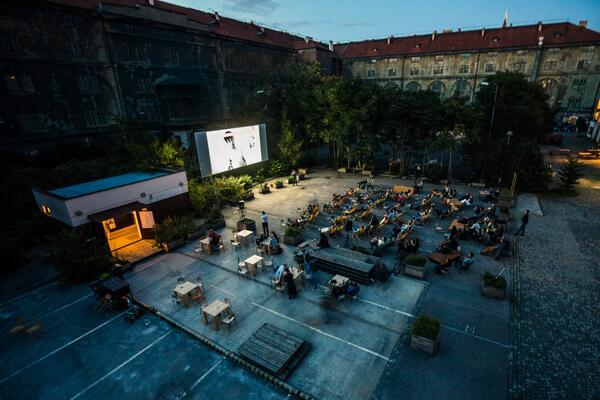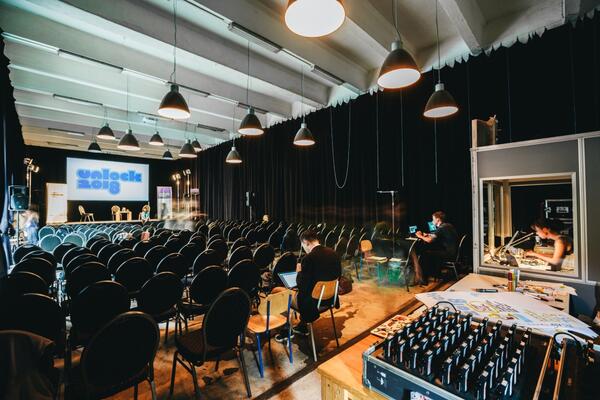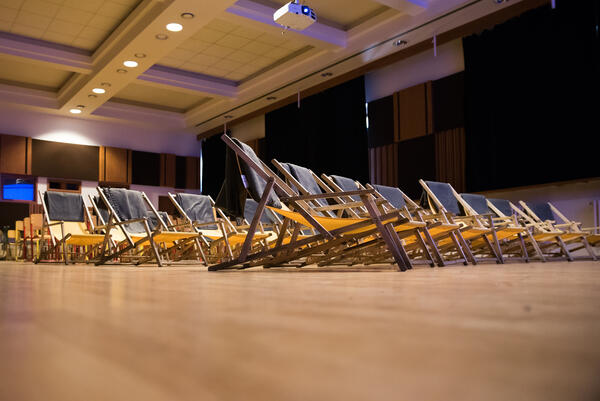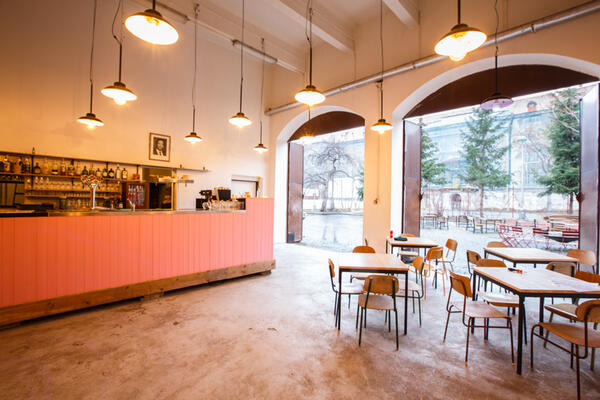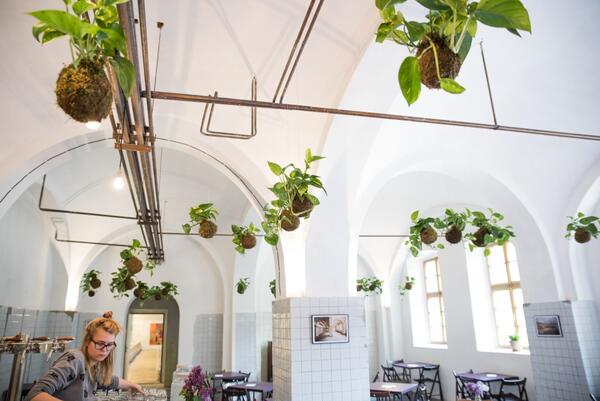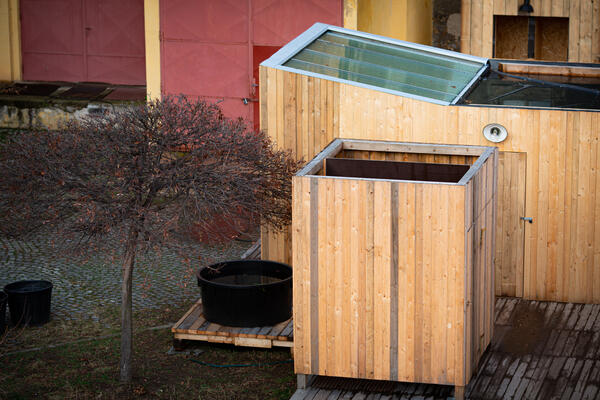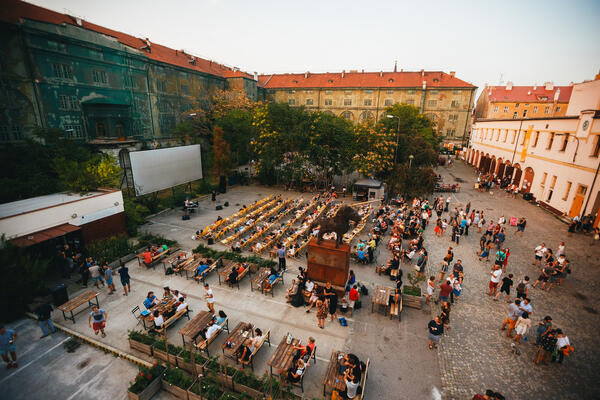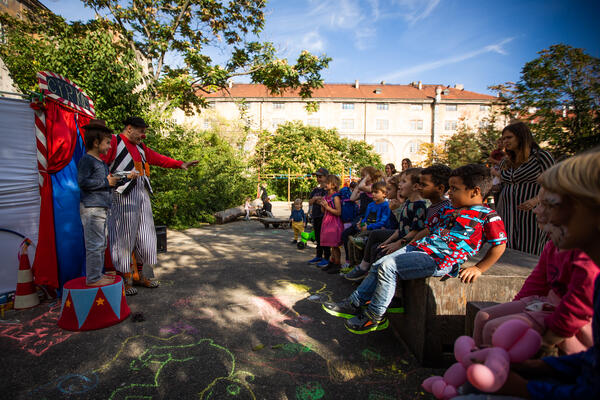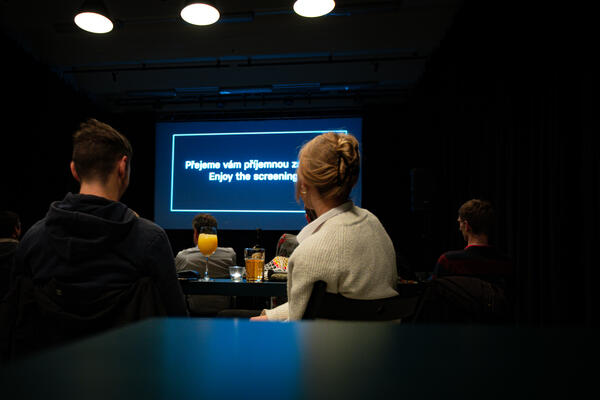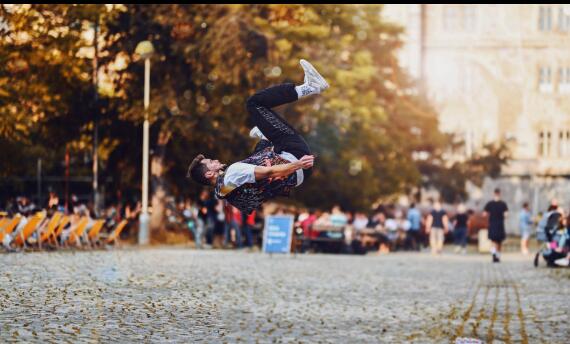ABOUT
The Karlin Barracks are a place where people of different ages and walks of life can meet and spend time together. It is a cultural oasis, free of visual smog and only a few minutes from the centre of Prague. There is a coffee shop here, a cinema, a sand pit, a gallery, a campfire pit, a bar with a club and thriving cultural and social life.
The premises were opened to the public for the first time in June 2017 during the celebrations of the 200th anniversary of Karlín.
If you want to learn more about the history of the barracks or about our activities, just grab a drink and make a tour of the exhibition in the courtyard!
